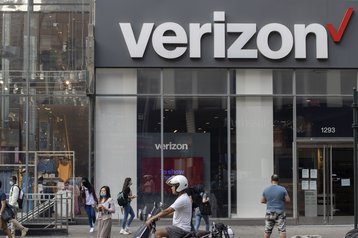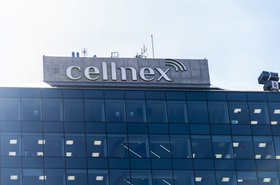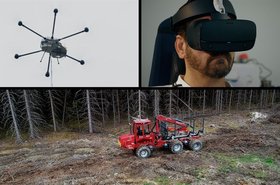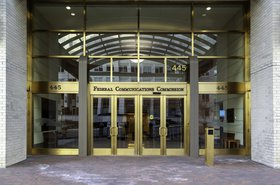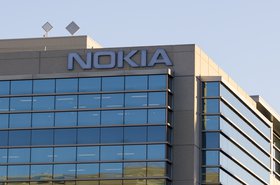Verizon CEO Hans Vestberg has claimed that the carrier is best placed to maximize the potential of Gen AI Edge computing.
Vestberg made the comments during the Goldman Sachs Communacopia + Technology conference earlier this week.
He revealed that Verizon has been talking about the opportunities around mobile Edge computing since 2018.
He previously said in July that the company's ability to deploy and support mobile Edge compute makes Verizon "the backbone of the AI economy and the partner of choice for players in the space."
During the event, he noted that the take-up of Edge computing industry-wide has been slower than expected, but he expects generative AI to play a pivotal role in driving Edge use cases.
"It has to be Edge computing, it has to be latency, throughput, and economics to do a lot of transformation at the Edge of the network. We have seen that happening, probably not to the speed I was expecting," he said, as seen on Seeking Alpha.
"I think what we're seeing right now in the conversation with all the larger players in the market is that GenAI applications at the Edge are going to be something when they going to be products."
According to Vestberg, Verizon has the edge over its competitors when it comes to Edge computing.
"We have processing, compute, and storage power already built across the nation with our Mobile Edge Compute. So I think that no one in the telco world is better prepared than Verizon to be part of the sort of GenAI Edge compute of the time."
On the subject of Generative AI, Vestberg breaks the potential of it into three areas, efficiency for customers, personalization for customers, and the potential for it to generate revenue for its customers.
Fiber Frontier
Vestberg also touched on Verizon's $20 billion acquisition of Frontier Communications, which was announced last week.
He said that the deal represents the company's strategy to increase its fiber footprint across the US and become the country's biggest wireless network.
“We build the network once. We want to address as many profitable connections on top of one build of the network. So of course, adding this is just adding more customers.
“It increases our [total addressable market]. We can address more customers with our current strategy, which means that we can sustain growth and continue to grow as we’re doing right now."
Verizon said last week that the deal would expand its intelligent Edge network to include digital innovations like AI and IoT.
Frontier provides broadband connection to around 7.2 million locations across 25 states and has 2.2 million fiber customers. At present, Verizon provides fiber services via its Fios offering. The company has around 18 million fiber locations across the country.

